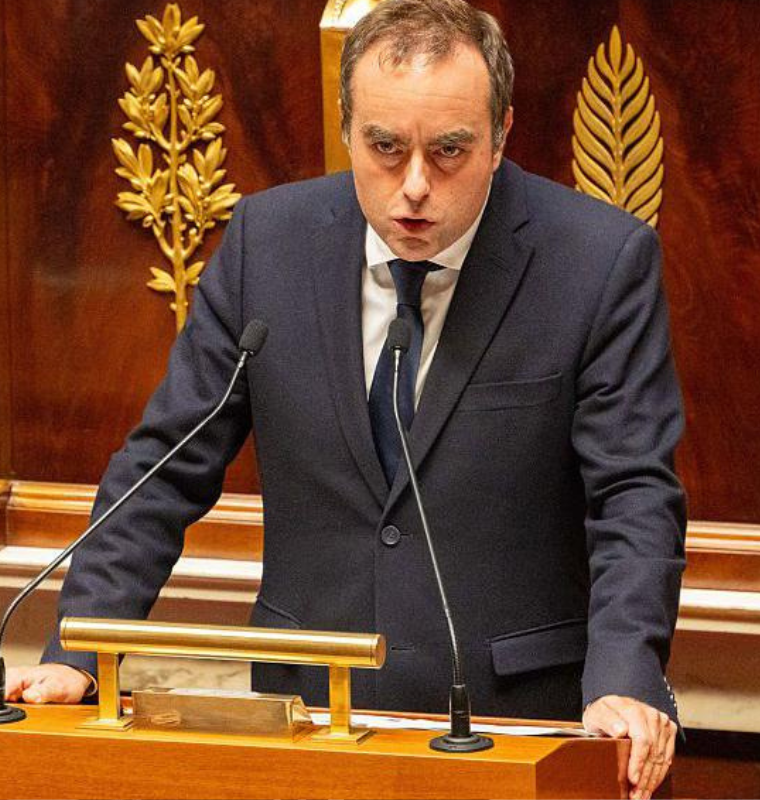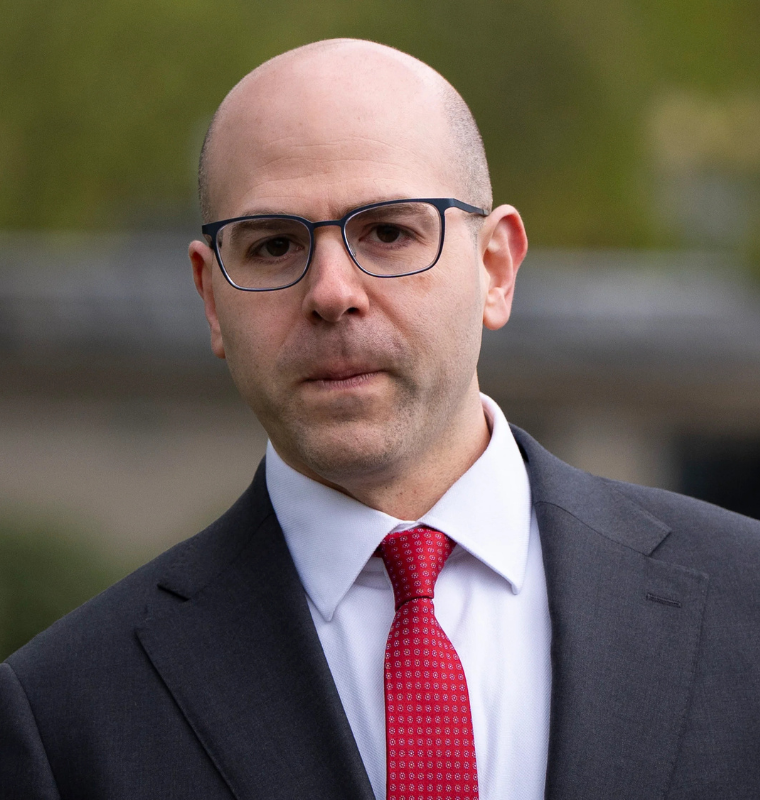Crypto Regulation Clears Major Hurdle After Record-Breaking House Vote
Crypto Regulation Clears Major Hurdle After Record-Breaking House Vote
By
David Goldfarb
Last updated:
July 17, 2025
First Published:
August 3, 2025

Photo: The Hill
Crypto Legislation Advances — But Not Without Turmoil
After two days of intense political wrangling and party-line friction, the U.S. House of Representatives finally advanced a set of landmark cryptocurrency regulation bills late Wednesday night. The breakthrough came after over 10 hours of stalled debate, culminating in a procedural vote that set a modern record for the longest open vote in House history.
The drama wasn’t just about crypto. It was a test of the GOP’s ability to govern — and a sign of how divided Republicans remain on the path forward for digital asset oversight.
What’s in the Crypto Bills?
The legislation package includes three high-profile bills:
- GENIUS Act: Already passed by the Senate in June, this bill establishes reporting and compliance standards for crypto exchanges and custodians.
- CLARITY Act: Focuses on legal definitions of digital assets and aims to give clearer guidelines to both investors and regulators.
- CBDC Prohibition Bill: Seeks to block the Federal Reserve from launching a central bank digital currency (CBDC), citing privacy and surveillance concerns.
Together, these bills represent the most significant crypto regulatory effort since the industry’s rapid rise — an attempt to bring clarity to a $2 trillion global market often described as the “Wild West” of finance.
10-Hour Gridlock: GOP Infighting Delays Vote
The path to Wednesday’s vote was rocky and contentious.
House Speaker Mike Johnson (R-La.) struggled to maintain party unity as conservative hardliners initially tanked the vote on Tuesday, objecting to procedural rules and demanding changes to the legislation. In response, leadership spent hours in closed-door negotiations, with amendments drafted to appease factions on the far right.
But those changes prompted fresh resistance — this time from moderate Republicans and Financial Services Committee members, some of whom had authored the original versions of the bills. Their concern? Leadership’s attempt to merge provisions from multiple bills without sufficient transparency or consultation.
“What was meant to be a unified ‘Crypto Week’ turned into a legislative headache,” one senior Republican staffer said.
Trump Steps In, but Division Remains
In a bid to break the impasse, former President Donald Trump personally met with about a dozen GOP lawmakers Tuesday night in the Oval Office, urging them to support the rule package. Afterward, Trump claimed on Truth Social that “all agreed to vote yes.”
Yet despite his endorsement, more Republican opposition emerged on Wednesday — this time from inside key committees.
Observers say the moment reflects Trump’s weakening grip on certain segments of the GOP, especially on issues like digital asset regulation where ideological lines don’t break cleanly along party factions.
Crypto Industry Watches Closely
For the crypto industry — which contributed tens of millions of dollars to Congressional campaigns in the 2022 cycle — the delay was a bitter disappointment. Many hoped this week would mark a turning point toward federal clarity after years of regulatory gray zones.
“The industry had momentum, and now it’s lost some of that. These bills aren’t dead, but they’re wobbling,” said a policy analyst at Blockchain Association, a leading industry group.
Investors also noticed. Bitcoin (BTC) and Ether (ETH) saw slight intraday volatility amid uncertainty on Capitol Hill, though both recovered following the rule vote.
What's Next for the Bills?
Now that the House has approved the rules for debate, each bill must clear a full House floor vote, survive Senate negotiations, and finally earn the president’s signature. That journey could take months — or stall entirely — depending on how party dynamics evolve.
Some Democrats have expressed support for elements of the bills, especially the GENIUS Act, but opposition to the CBDC ban remains strong among progressives who believe it could hinder U.S. competitiveness in digital finance.
Final Thoughts
While Wednesday’s record-setting vote offers a glimmer of hope for crypto advocates, it also underscores the deep partisan rifts over how — and whether — to regulate this fast-moving space. With 2024 elections looming and Trump heavily involved, the path forward remains uncertain.
Still, for now, crypto regulation is back on the agenda — and that alone is a big step for a sector that has long operated in legal limbo.
Popular articles
Subscribe to unlock premium content
The Digital Stage Economy: How Virtual Concerts Are Turning Pixels Into Profits

The Festival Economy: How Cultural Celebrations Turn Into Massive Markets

The Nostalgia Effect: How the Past Drives Modern Buying Decisions

The Digital Stage Economy: How Virtual Concerts Are Turning Pixels Into Profits

The Festival Economy: How Cultural Celebrations Turn Into Massive Markets

The Digital Stage Economy: How Virtual Concerts Are Turning Pixels Into Profits








